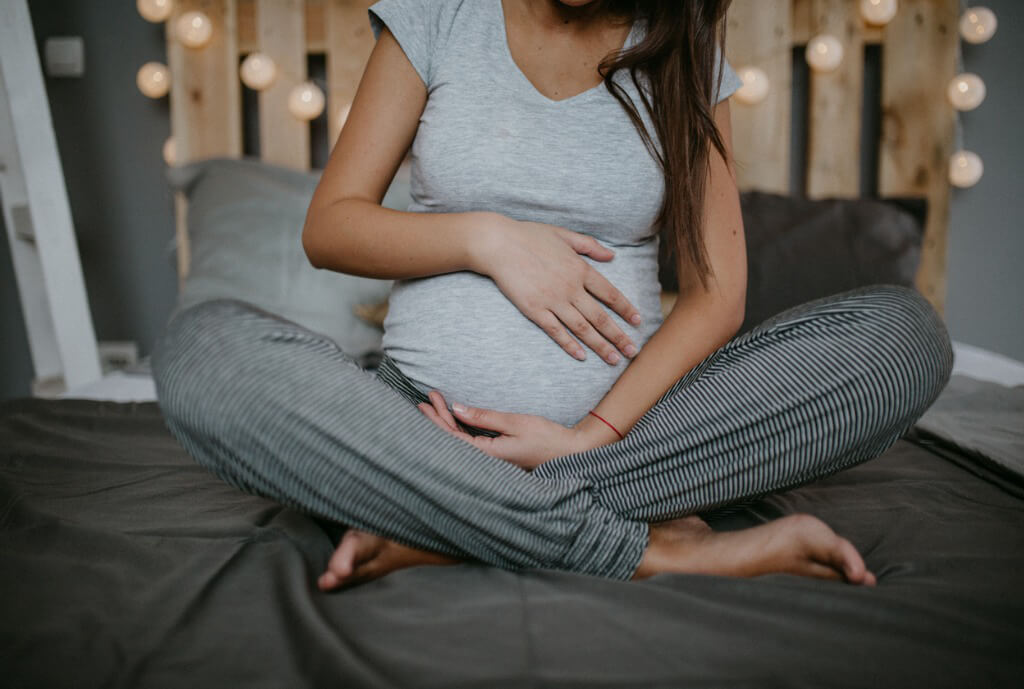Risks and Side Effects
Become a Surrogate

About Our Agency
Creative Love Egg Donor & Surrogacy Agency is a warm and caring agency located in Florida. We thank you for considering us for your surrogate parenting needs. Surrogacy can be a complex process to navigate on your own from the medical, legal, psychological, and emotional aspect. However, surrogacy is an exciting and fulfilling option to create or expand your family. Surrogacy allows you to be a proactive participant in the pregnancy from the very beginning. Whether you’re from the United State or from around the globe we welcome international intended parents to our agency.
Risks and Side Effects
It is important that all egg donor are well informed and fully understand any and all risks involved in the egg donation process. In some very rare cases an egg donor can develop a condition known as Ovarian Hyperstimulation Syndrome, OHSS.
Every egg donor deserves complete transparency about potential risks. After guiding hundreds of donors through this process over 15+ years, I want to share honest information about what you might experience.
Ovarian Hyperstimulation Syndrome (OHSS)
OHSS does not occur while you are taking the hormone injection stimulating your ovaries to develop multiply follicles. It occurs after ovulation has taken place, after the egg donor retrieval. OHSS is particularly associated with injections of a hormone call human gonadotropin, HCG which is used as your last and final injection before your egg retrieval.
With OSHH the ovaries can become dangerously enlarged. OHSS causes the blood vessels to leak fluid into the abdominal cavity.
High estrogen hormone levels and a large number of follicles can put a donor at risk of OHSS. When this happens the doctor can cancel the cycle or take a different approach to mature the follicles at the final phase preventing OHSS.
Typically the symptoms that are associated with OHSS usually begin within a week after the egg retrieval.
- Occurs in only 1-3% of cases
- Happens after egg retrieval, not during stimulation
- Associated with the final hCG trigger injection
- Can cause ovaries to become enlarged
OHSS Severity Levels
- Mild OHSS
- Slight pain and bloating
- Mild abdominal swelling
- Mild nausea or diarrhea
- Small weight gain
- Typically resolves within days
- Moderate OHSS
- Increased abdominal swelling
- More significant discomfort
- Possible vomiting
- Fluid collection in abdomen
- Usually managed at home with rest
- Severe OHSS (extremely rare in donors)
- Significant swelling and pain
- Breathing difficulties
- Reduced urination
- May require medical intervention
- Most common in women undergoing embryo transfer
If hyperstimulation is mild to moderate, you will typically be managed at home on bed rest. If diagnosed with hyperstimulation syndrome it is important to avoid strenuous activities, either work or sports related, as well as heavy housework. Intercourse should also be avoided during this time period.
You will asked to drink water, Gatoraid/Poweraid, 12oz every hour or so. Also, recommended is to eat a high protein diet. Fortunately, this disease resolves in 7-10 days in most women after careful rest and adequate hydration. Severe hyperstimulation happens with large amounts of fluid retention and low urine output occur. This may require hospitalization sometimes. Severe OHSS is a rare occurrence, but can happen despite careful monitoring.
How We Prevent OHSS
- Close monitoring throughout your cycle
- Regular blood tests to check hormone levels
- Ultrasounds to count and measure follicles
- Medication adjustments when needed
- Cycle cancellation option if risk increases
Treatment for OHSS
- Rest and limited physical activity
- Increased fluid intake (water, electrolyte drinks)
- High-protein diet
- Regular monitoring
- Medication if necessary
Other Risks
- Surgical complications (extremely rare)
- Injury to bladder, bowel, or blood vessels
- Prevented through careful procedure techniques
- Infection (very rare)
- Preventative antibiotics provided
- Sterile procedure environment
- Ovarian torsion (extremely rare)
- Prevented by avoiding strenuous activities
- Activity restrictions during stimulation phase
- Minor discomfort
- From blood draws and injections
- Temporary bloating and cramping
Surgical Risks, which are extremely rare, include injury to the bladder, bowel, or blood vessels.
Infection occurs even more rarely. You will be on antibiotics before the egg retrieval to prevent infection.
Ovarian torsion occurs when the ovary becomes heavy and twists on its own stalk, cutting off blood supply. You will be asked to avoid strenuous activities and heavy lifting during your stimulation phase, in order to prevent that from happening. This is also a very rare occurrence.
Blood tests may cause mild discomfort. The risk if developing a bruise and/or infection at the needle site.
Ovulation induction hormones may overstimulate the ovaries producing pain and growth of cysts. On occasion, these cycsts may rupture and bleed, requiring hospitalization.
